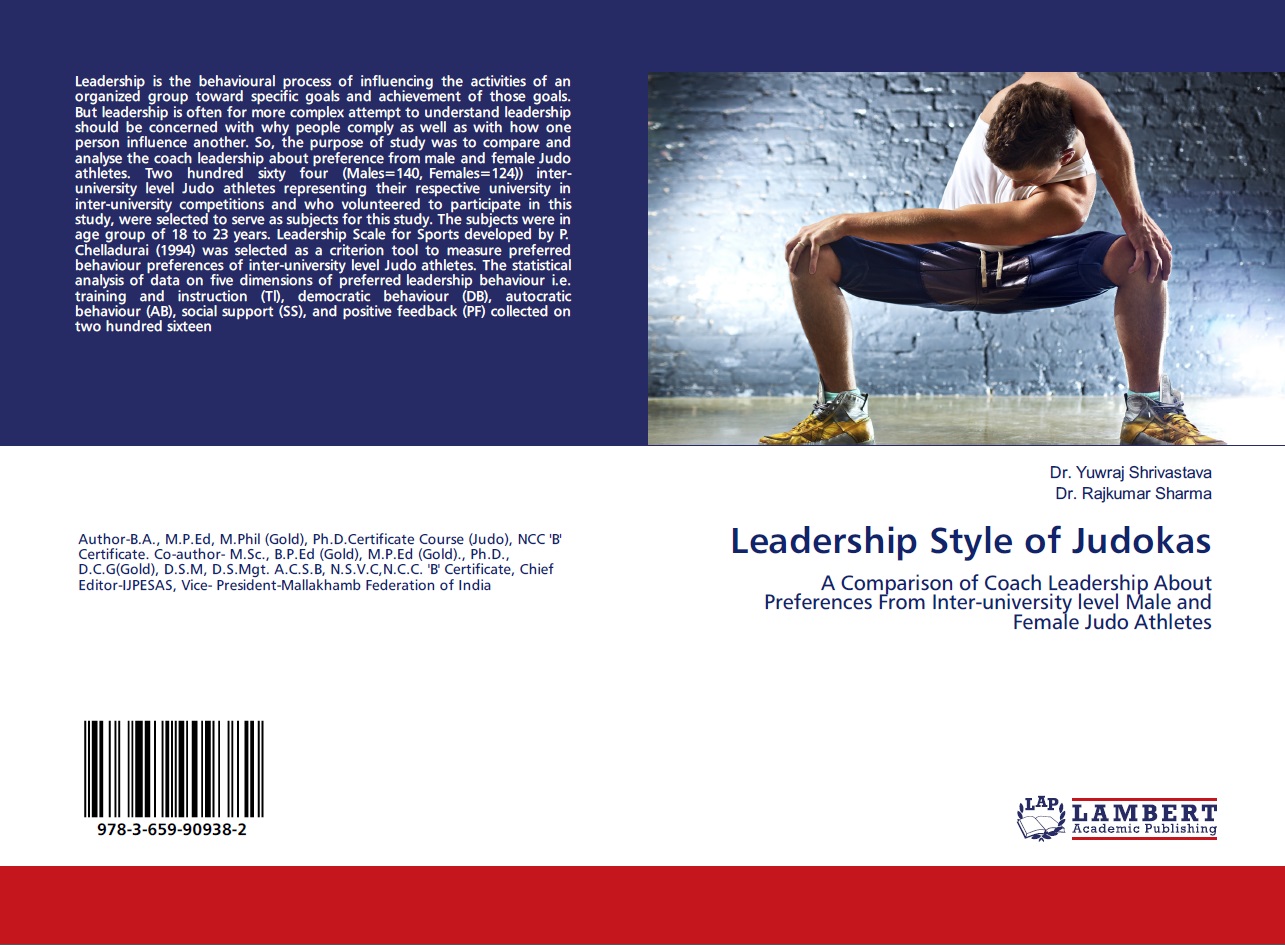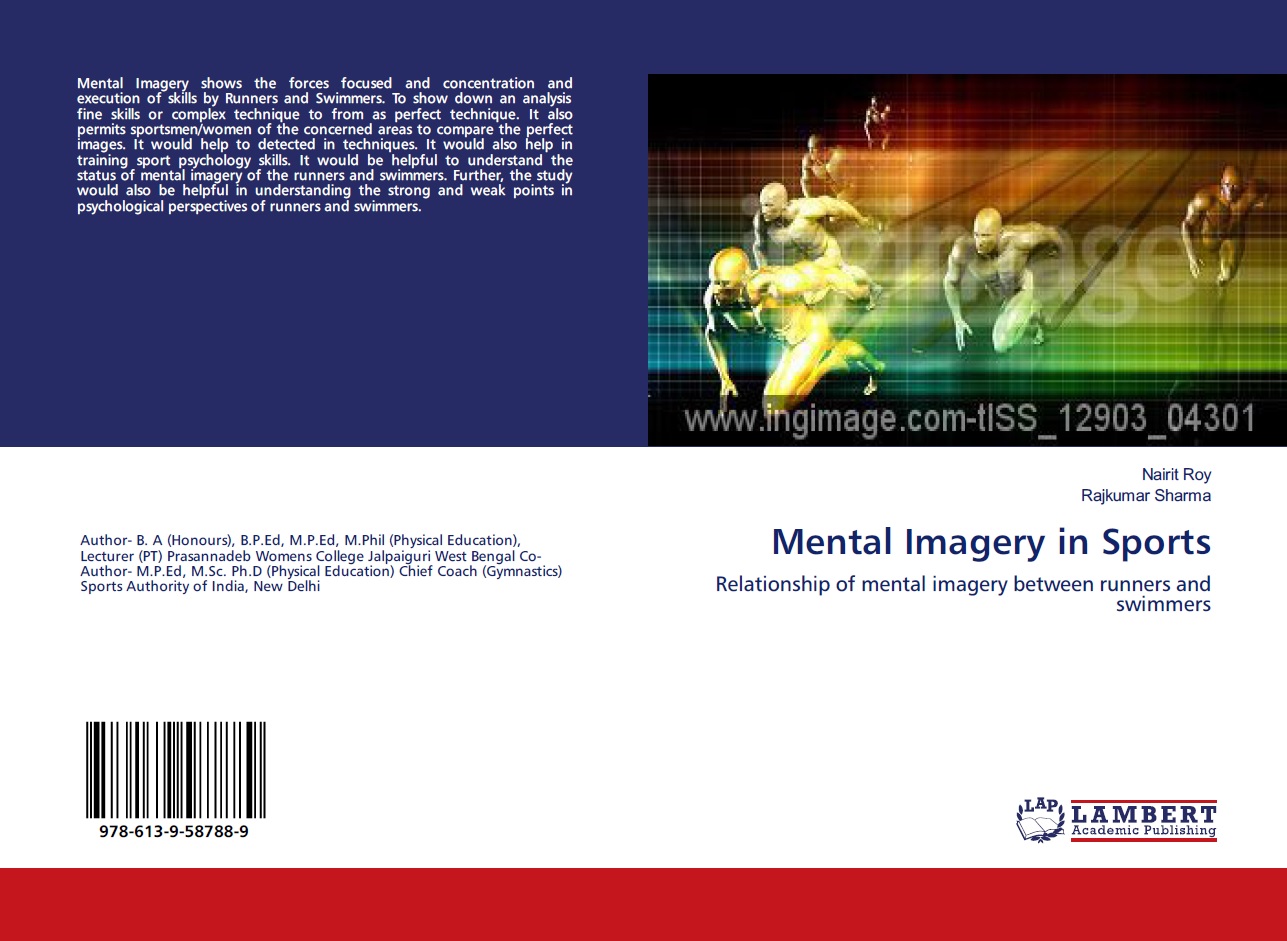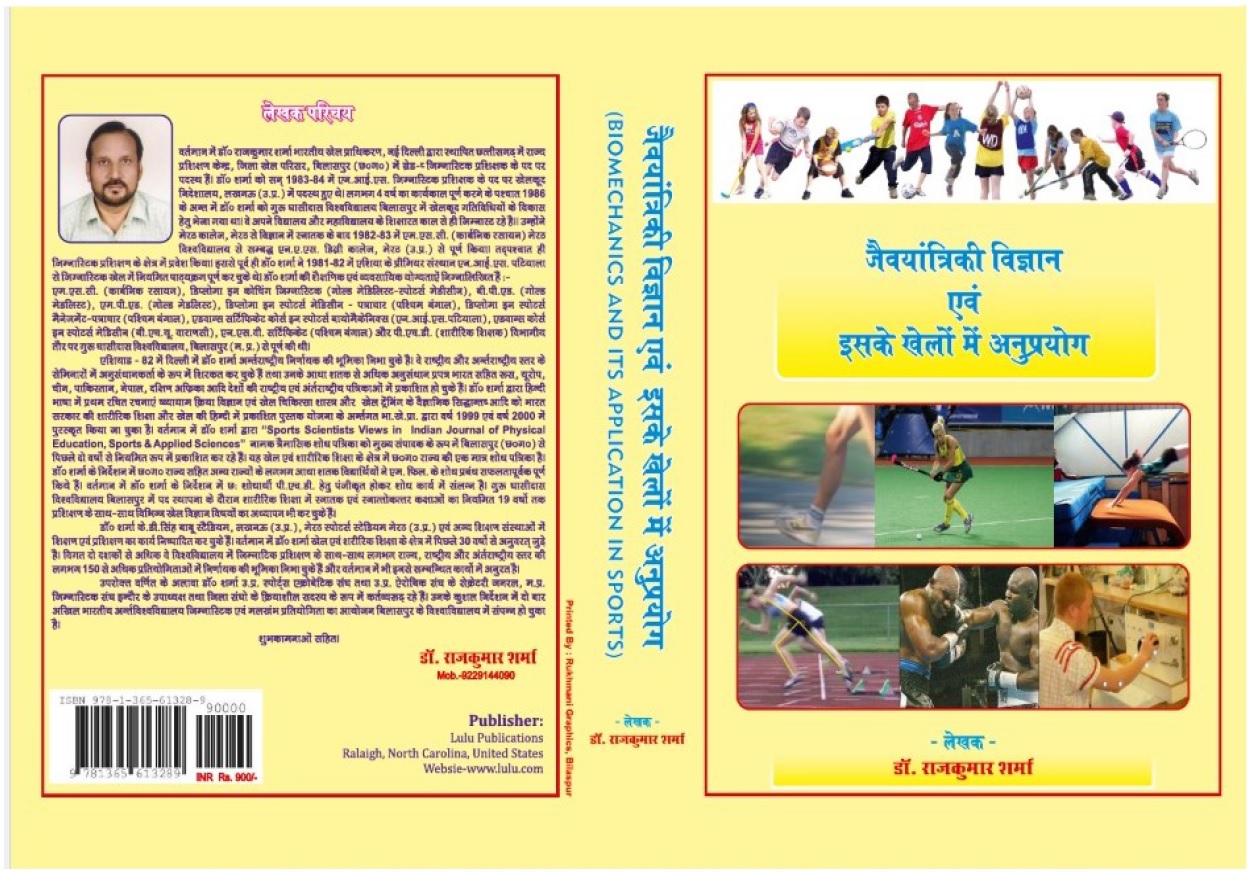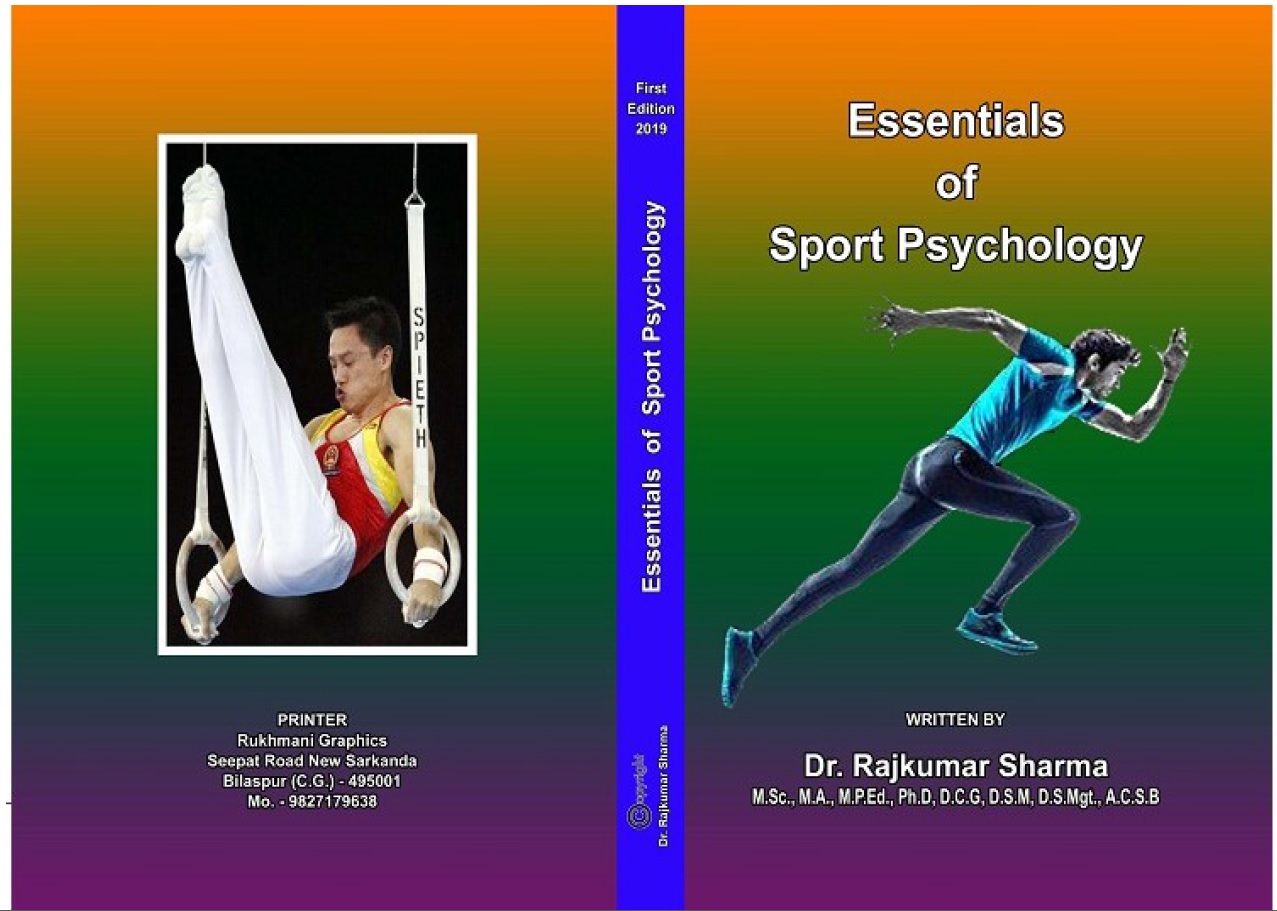| S.No. | Total View Count | Title of Manuscript | Page No | Download/ PDF |
|---|---|---|---|---|
| 1 | BEHAVIOURAL CHARACTERISTICS OF INDIAN MALE AND FEMALE KABADDI PLAYERS AT THEIR NATIONAL LEVEL PARTICIPATION Author: Dr. Dattatray Nivrutti Shimpi1 | 01-07 |  5 5 |
Article info
doi no.: 05-2016-44975451; https://doi-ds.org/doilink/04.2024-45127187/IJPESAS/V13/NO.2/APRIL-2023/A1
AFFILIATIONS:
1. Director of Physical education and Sports, KKHA Arts, SMGL Commerce & SPHJ Science College Chandwad. Dist Nashik ( Maharashtra) dn.shimpi@gmail.com
Mobile-9689092092
The goal of the current study was to compare and examine the personality traits of male and female national level Kabaddi players. The sample included 100 National Level Kabaddi players (60 Males and 40 Females) from various Indian States who competed in National Level Competitions in the 2020–2021 academic year. Male and female national level Kabaddi players' mean ages and standard deviations were 20.13 2.57 and 19.86 1.69, respectively. Eysenck and created the Eysenck's Personality Questionnaire-R (E.P.Q.-R).To assess the four personality traits of national-level Kabaddi players, Eysenck was chosen. Means and standard deviations, t-ratios, and analysis of variance (ANOVA) on the dependent variable for all the participants considered together and individually for both the gender were computed to analyse the four personality traits of male and female Kabaddi players. The study's findings showed that, overall, participants at the national level of Kabaddi shared similarities in psychoticism, neuroticism, and social desirability personality traits but differences in extraversion. Male Kabaddi players had higher levels of extraversion, social desirability, and psychoticism than their female counterparts. Kabaddi trainers are advised to adjust their training regimen in accordance with the players' personalities.
Key words: National, Senior, Kabaddi, personality, Male, Female.
References
Cratty, Bryant J. Psychology and Physical activity . New York : Engle wood Cliffs, N.J. Prentice Hall Inc., 1989.
Erdheim, J., & Wang, M. “Does the Five-Factor Model of Personality relate to Goal Orientation?” Personality and Individual Differences, 43 : 6 (2007):1493-1505.
Me Chaney, Byron Nelson “A comparison of Personality Characteristics, Self Concepts and Academic Aptitude of Selected College man Classified According to Performance on Test of Physical Fitness.” Dissertation Abstracts International 30 (October1959):1423-A.
Morgan, W.P. “ Sports Personality : The Credulous-Skeptical Argument in Perspective in Sports Psychology - An Analysis of Athletic Behavior”. ( New York : Ed. W.traub, Movement Publication). Cited by Stan power, 'Psychological Assessment Procedures at a Track & Field National Event Squad Training Weekend', Sports Science Education’ by J. Watkins, Thomas Reilly and Les Burt wiz (London : E & FN Spon. 1986):181.
Reiss, S., Sherman, M. & Wiltz, J. “Trait Motivational Correlates of Athleticism”. Personality and Individual Differences, 30 :7(2001) : 1139-1145.
Sinha, A.K.P. “Psychological Dimensions of Sports : psychological Analysis of Sports Performance.” Souvenir ( Gwalior :L.N.C.P.E, 1986) : 2.
Silva, John M. and Weinberg, Robert S. Psychological Foundations of Sport . Champaign, Illinois: Human Kineties Publishers, Ins., 1984.
Solomon, G. B. “Performance and Personality Impression Cues as Predictors of Athletic Performance: An Extension of Expectancy Theory”. International Journal of Sport Psychology, 32 : 1 (2001): 88-100.
Yanada & Hirate H. and H. “Personality Traits of Students who Dropped out their Athletic Clubs” Proceedings of the college of physical Education 5 (1970):145-146
 admin@sportscientistsviews.com
admin@sportscientistsviews.com





